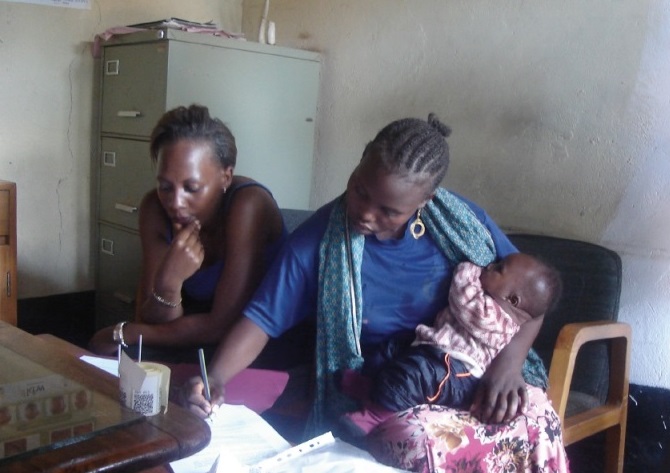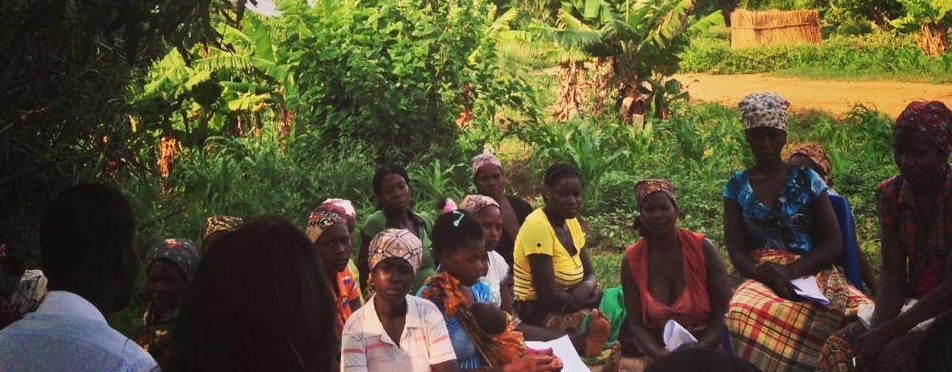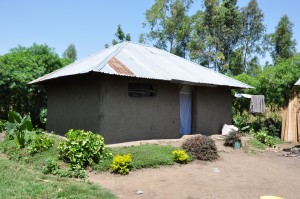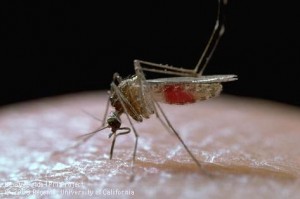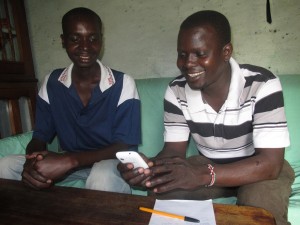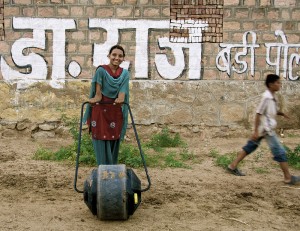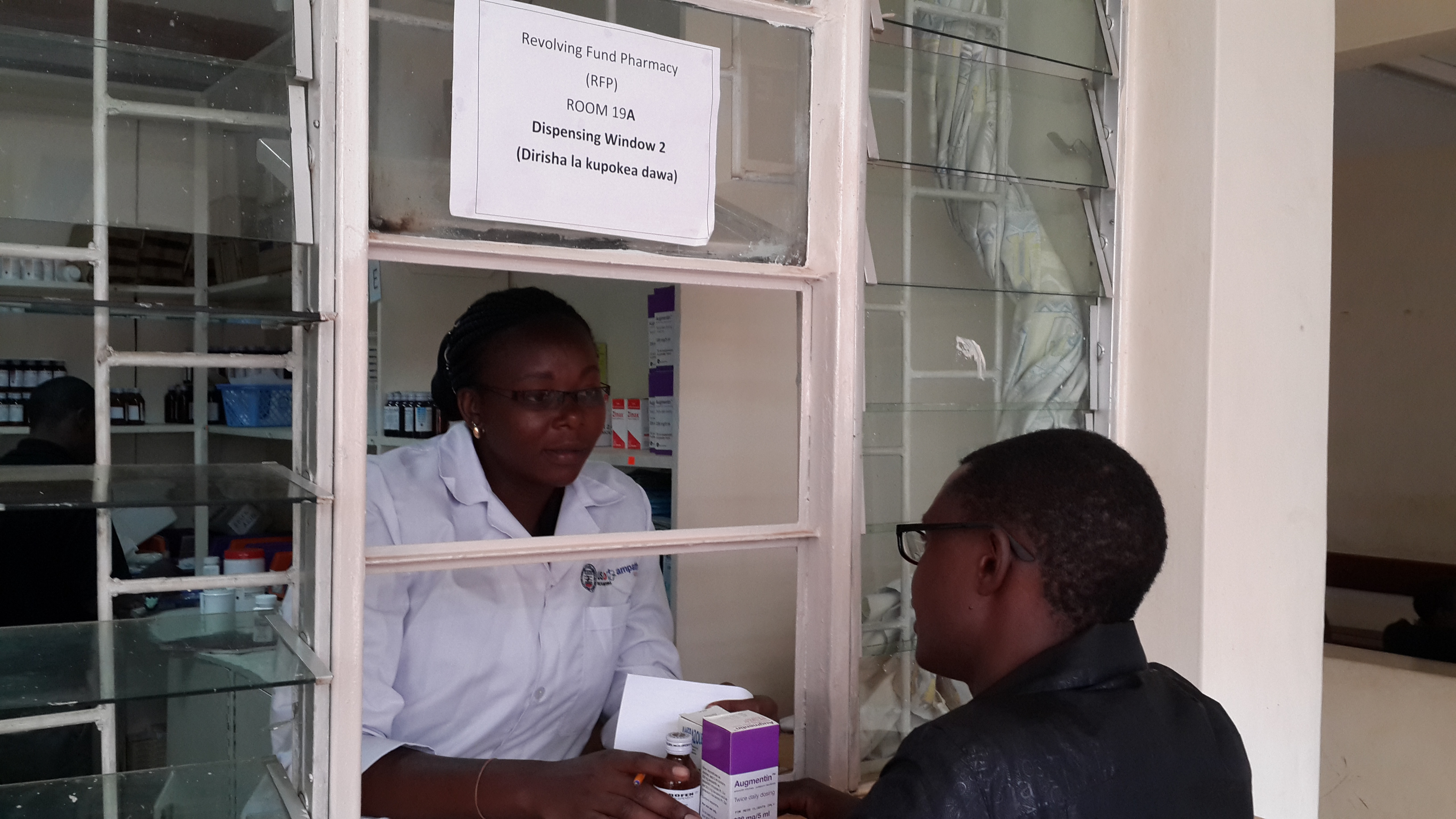
Imran Manji is a Clinical Pharmacist at USAID-AMPATH and an Adjunct Assistant Professor at the Purdue University College of Pharmacy. Based in Eldoret, Kenya, he graduated from the University of Nairobi in 2006 and joined the Moi Teaching and Referral Hospital, one of the partner institutions of AMPATH, in 2008. He oversees the pharmacy activities […]

